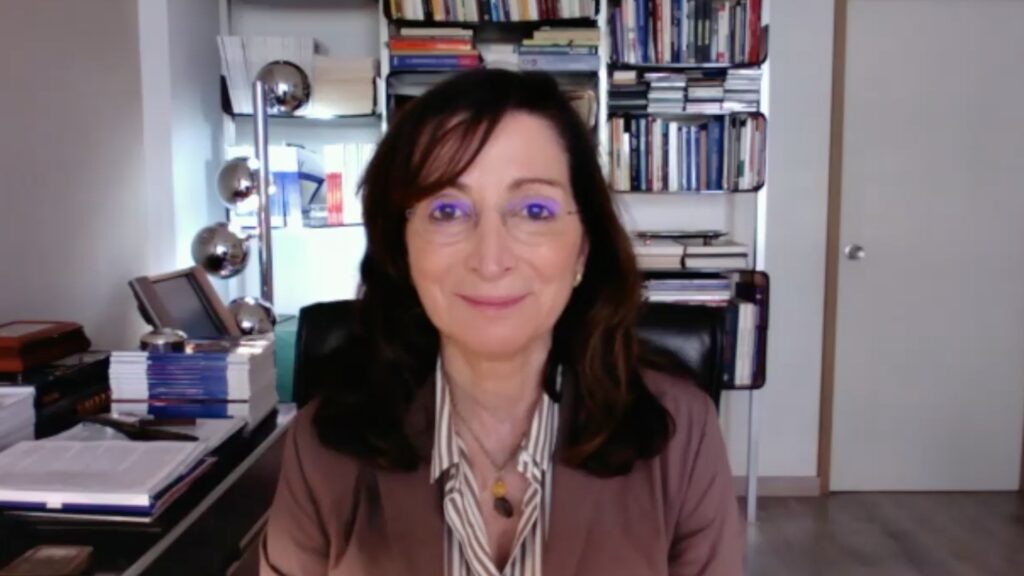Chronic spontaneous urticaria (CSU) is a skin condition defined by the spontaneous presence of hives for prolonged periods of time and angioedema. There is no known cause however CSU has been linked to the immune system and autoimmune conditions. touchIMMUNOLOGY were delighted to speak with Dr. Luis Felipe C. Ensina (Federal University of São Paulo, São Paulo, Brazil) around the current options and unmet needs in the treatment of CSU and the burden this condition has on patients.
The abstract ‘Efficacy and Safety of Ligelizumab in Chronic Spontaneous Urticaria: Results from the Phase-3 Pivotal Trials.‘ (Abstract number: 402) was presented at AAAAI 2023, February 24–27, 2023, #AAAAI2023.
Questions
- What are the current options and unmet needs in the treatment of chronic spontaneous urticaria? (0:24)
- What is the burden of chronic spontaneous urticaria on patients? (1:52)
Disclosures: Luis Felipe C. Ensina discloses consulting for Novartis; serving on advisory boards for Abbvie, Novartis and Sanofi; receiving honoraria from Abbvie, Novartis and Sanofi; and participating in Speaker’s Bureaus for Abbvie, Novartis, and Sanofi.
Support: Interview and filming supported by Touch Medical Media Ltd. Interview conducted by Victoria Jones.
Filmed in coverage of the American Academy of Allergy Asthma & Immunology Annual Meeting 2023.
Click here for more content from Luis Felipe C. Ensina.
Transcript
What are the current options and unmet needs in the treatment of chronic spontaneous urticaria? (0:24)
Well, regarding the current treatment for chronic spontaneous urticaria (CSU). According to the current guidelines, we have three steps of treatment. The first one, second generation antihistamines in standard or up to fourfold doses for those patients who are refractory to antihistamines, which is around 50% to 60%. The guideline recommends omalizumab and then IgG antibody, which is effective in up to 80-85% of patients with a very safe profile. For those who are refractory to omalizumab or can’t use it for any reason, the recommendation is to use cyclosporine. Cyclosporine is fine but has some potential side effects that we must, we must watch. The main unmet need, in my opinion, is for the patients who are refractory for omalizumab and should use cyclosporine, because of the side effects of cyclosporine it would be very nice to have another option than cyclosporine for those who are refractory to omalizumab.
What is the burden of chronic spontaneous urticaria on patients? (1:52)
The main issue for patients with CSU is the huge impact that it has in patients’ quality of life. So, imagine being bitten by hundreds of mosquitos all the time. That’s the sensation that a patient with CSU has. So, the itching, the aspect of the lesions, then angioedema, the swelling, they effect a lot in social life, in concentration. So, it’s hard for the patients to concentrate, to study or to work. So, their quality of life is miserable.
Subtitles and transcript are autogenerated.









